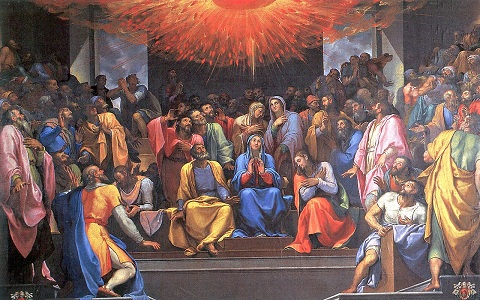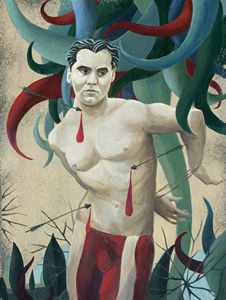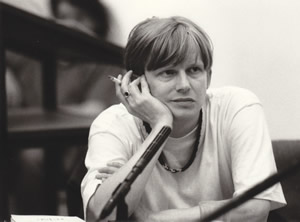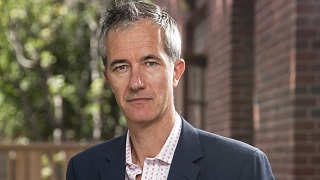De Britse dichter en schrijver Paul Farley werd geboren op 5 juni 1965 in Liverpool. Hij studeerde schilderkunst aan de Chelsea School of Art en woonde in Londen, Brighton en Cumbria. Voor zijn eerste poëzie bundel “The Boy from the Chemist is Here to See You” (1998) en won een Forward Poetry Prize (Best First Collection) en werd op de shortlist geplaatst voor de Whitbread Prize. Het boek bezorgde hem ook de Somerset Maugham Award en in 1999 won hij de Sunday Times Young Writer of the Year Award. Van 2000-2002 was hij de dichter-in-residence bij de Wordsworth Trust in Grasmere. Voor zijn tweede bundel “The Ice Age” (2002), ontving hij de Whitbread Poetry Award. Zijn derde bundel “Tramp in Flames” verscheen in 2006. Voor het gedicht ‘Liverpool Disappears for a Billionth of a Second’ ‘ kreeg hij de Forward Prize voor Best Individual Poem. In hetzelfde jaar publiceerde hij ook een studie over Terence Davies film “Distant Voices, Still Lives”. In 2007 bewerkte hij een selectie van John Clare voor de dichtersreeks van Faber “Poet to Poet”. Farley heeft ook veel geschreven voor radio en televisie, en schrijft vaak over kunst en literatuur. Hij woont momenteel in Lancashire en is hoogleraar poëzie aan de universiteit van Lancaster.
Liverpool Disappears for a Billionth of a Second
Shorter than the blink inside a blink
the National Grid will sometimes make, when you’ll
turn to a room and say: Was that just me?
People sitting down for dinner don’t feel
their chairs taken away/put back again
much faster that that trick with tablecloths.
A train entering the Olive Mount cutting
shudders, but not a single passenger
complains when it pulls in almost on time.
The birds feel it, though, and if you see
starlings in shoal, seagulls abandoning
cathedral ledges, or a mob of pigeons
lifting from a square as at gunfire,
be warned it may be happening, but then
those sensitive to bat-squeak in the backs
of necks, who claim to hear the distant roar
of comets on the turn – these may well smile
at a world restored, in one piece; though each place
where mineral Liverpool goes wouldn’t believe
what hit it: all that sandstone out to sea
or meshed into the quarters of Cologne.
I’ve felt it a few times when I’ve gone home,
if anything, more often now I’m old
and the gaps between get shorter all the time.
Dependants
How good we are for each other, walking through
a land of silence and darkness. You
open doors for me, I answer the phone for you.
I play jungle loud. You read with the light on.
Beautiful. The curve of your cheekbone,
explosive vowels, exact use of cologne.
What are you thinking? I ask in a language of touch
unique to us. You tap my palm nothing much.
At stations we compete senses, see which
comes first—light in the tunnel, whiplash down the rail.
I kick your shins when we go out for meals.
You dab my lips. I finger yours like Braille.
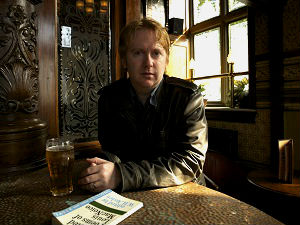
Paul Farley (Liverpool,. 5 juni 1965)
